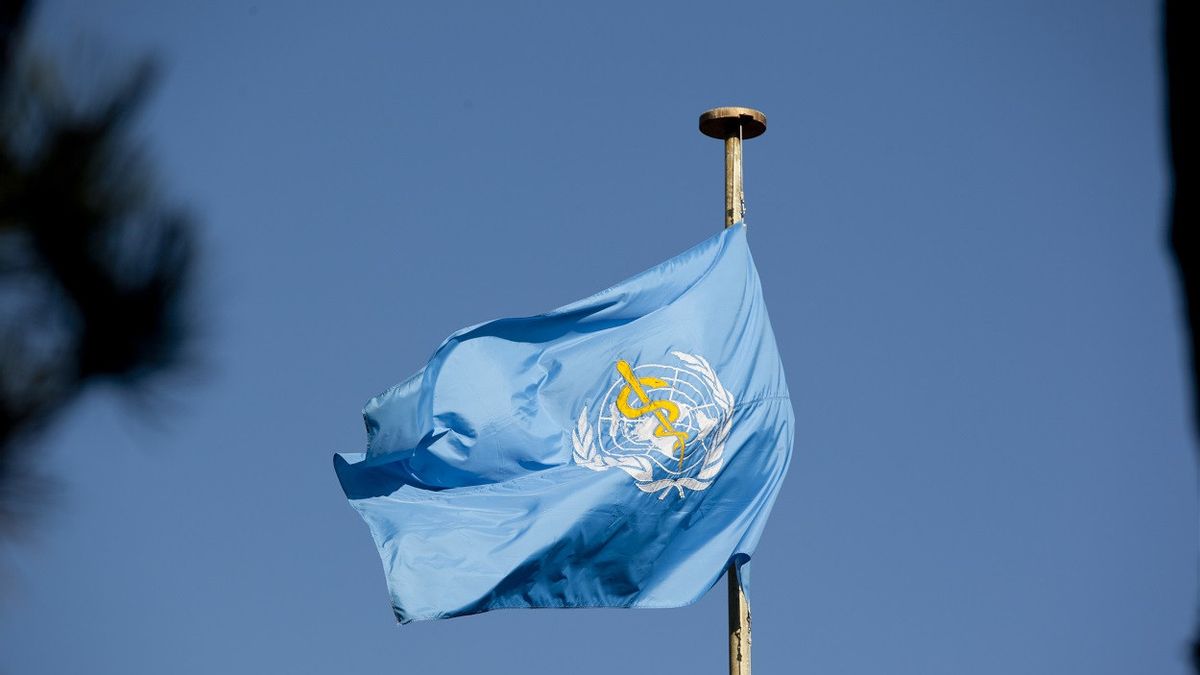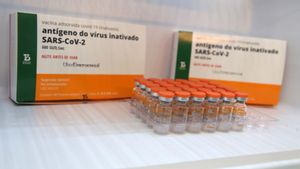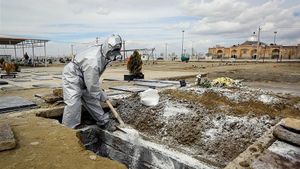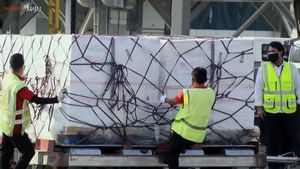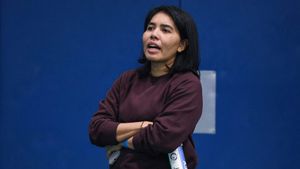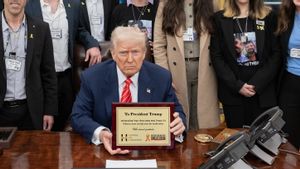JAKARTA - The World Health Organization (WHO) warns of a spike in cases of COVID-19 infection in various parts of the world, increasing the possibility of new, more dangerous variants appearing in the future.
"The pandemic is not over," Professor Didier Houssin, chair of the WHO's COVID-19 Emergency Committee, said in a statement Thursday.
The global spike in new cases has highlighted the ongoing challenges posed by the pandemic. In Africa, cases surpassed the peak of their second wave of seven days ending on July 4, and the death toll this week rose by 40 percent, according to the WHO.
At the start of the pandemic, there was only one variant of the SARS-CoV-2 virus. As the virus spreads around the world, it mutates, spawning thousands of new versions of the original variant, some of which are more contagious.
There are currently four variants of concern, which are labeled by WHO using the Greek alphabet. Most recently, the Delta variant, which was first detected in India, has been identified in more than 111 countries and is now responsible for nearly 60 percent of all cases in the United States.
"We hope it becomes the dominant strain circulating worldwide, if not already," said WHO Director-General Dr. Tedros Adhanom Ghebreyesus.

As the virus continues to spread, new variants may emerge in the future that may be more difficult to control, the WHO warned.
One important way to prevent the spread of the coronavirus is by vaccination, giving the virus less chance to evolve into new variants.
However, many countries do not have sufficient vaccine supplies. Globally, only 25.8 percent of the world's population has received at least one dose of the COVID-19 vaccine, according to the University of Oxford.
WHO in its announcement yesterday also emphasized the importance of utilizing all vaccines that have been approved for use at this time, with the hope that at least 10 percent of each country's population will have received the COVID-19 vaccine by September.
また読む:
On the occasion, WHO encouraged rich countries to share vaccine supplies with the rest of the world. Combined with vaccination, the use of informed public health and social measures such as face masks, physical distancing, and hand hygiene, remains the most effective strategy to combat the spread of all SARS-CoV2 variants.
"The virus continues to evolve, producing variants that are more infectious," Ghebreyesus said last week, as the world marked a fourth straight week of rising cases.
The English, Chinese, Japanese, Arabic, and French versions are automatically generated by the AI. So there may still be inaccuracies in translating, please always see Indonesian as our main language. (system supported by DigitalSiber.id)
